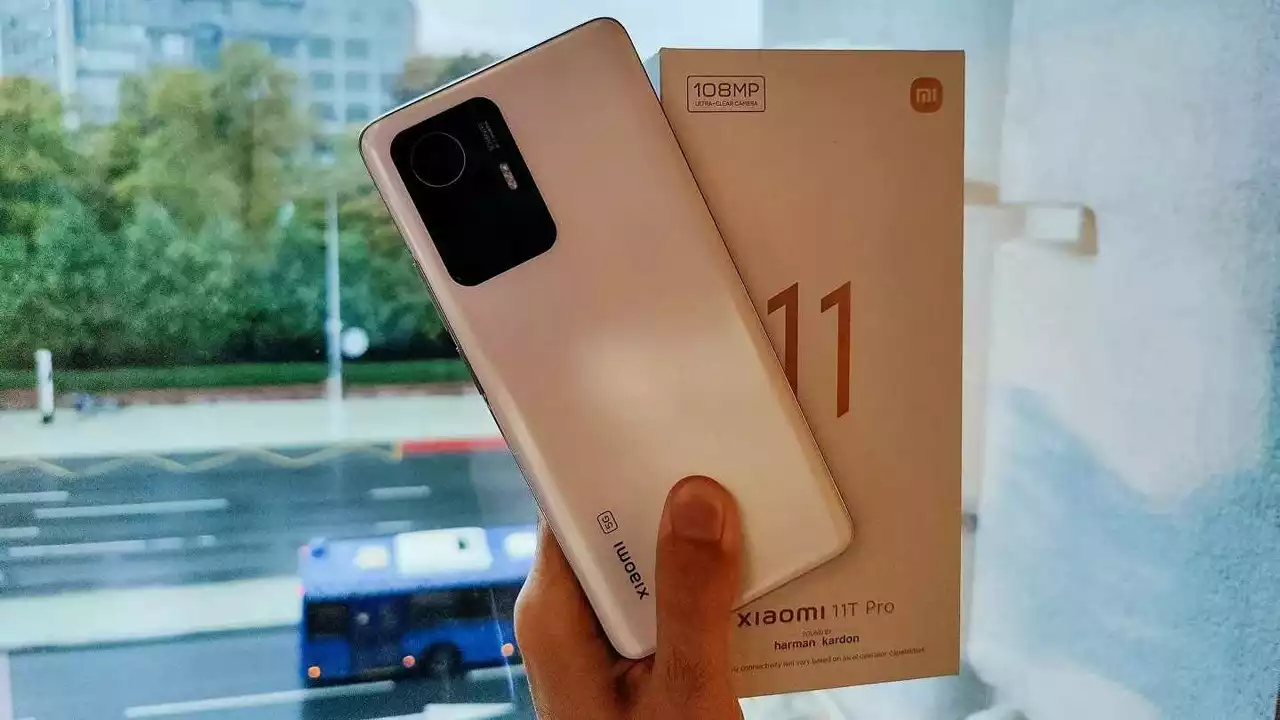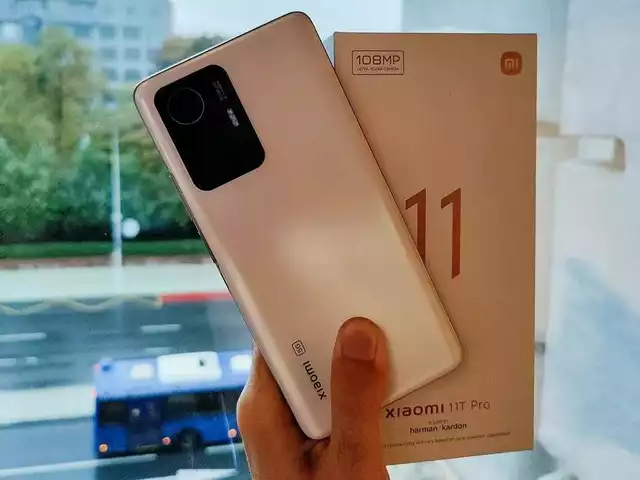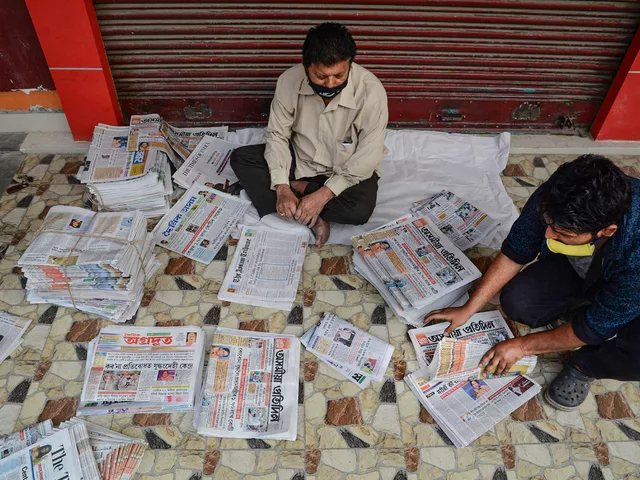Reasons Not to Buy Property Right Now — Red Flags to Watch
Buying a home or investment property is a big step. Before you sign anything, pause if you spot clear warning signs. Knowing when not to buy saves money, time, and stress. Below are concrete, practical reasons to hold off—and what to check instead.
When to pause a purchase
High interest rates and uncertain job stability make a good case to wait. If your monthly mortgage will strain your budget or leave no savings for emergencies, don’t buy. Also pause when market prices feel overheated—if prices jumped fast in your area without new jobs or infrastructure, resale values could fall.
Project delays and unclear possession dates are common in India. If the builder can’t show a realistic completion timeline or past projects had long delays, step back. Missing approvals is another red flag: no RERA registration, incomplete title, or unapproved layouts mean legal trouble later.
Location matters more than fancy amenities. If the plot is far from work, schools, or reliable transport, resale and rental demand will suffer. Also watch for high maintenance charges or unclear expense policies in gated communities; high recurring costs reduce your real returns.
Practical checks before you buy
Start with documents: ask for RERA registration, title deed, occupancy certificate, and sanctioned plans. If the seller or builder hesitates to share these, walk away. Get a lawyer to verify the title and check for any mortgages or encumbrances on the property.
Run simple math on returns. For an investment, compare expected monthly rent to mortgage payments, taxes, and maintenance. If rent won’t cover even a large portion of the EMI, the property may be a money pit, not an income source.
Inspect the neighbourhood at different times—mornings, evenings, weekdays and weekends. Noise, flooding, or lack of basic shops are not always visible in brochures. Talk to current residents about water supply, power cuts, and security.
Check builder reputation and past projects. Read reviews and visit completed projects. If there are many unresolved complaints or litigation, don’t gamble on a new launch from the same developer.
If you can’t make a large down payment without draining emergency funds, consider renting or smaller purchases. Alternatives include waiting for better interest rates, buying a ready-to-move property, or investing in REITs and high-yield savings for now.
Buying is one of the few mistakes you can’t easily undo. If several of the issues above apply, pause and reassess. Take your time, verify documents, and keep your finances healthy—then buy when the facts line up with your goals.

Why should I not buy a Mi Note 10 5G phone?
Despite its impressive features, I would advise against buying the Mi Note 10 5G phone. The device has significant drawbacks such as a relatively underwhelming chipset that affects performance. Its camera quality is also not as good as other phones in its price range. Additionally, the Mi Note 10 5G has a disappointing battery life, and it lacks wireless charging, which is a feature most of us have come to expect in high-end phones. Lastly, its MIUI software can be intrusive with ads and unnecessary notifications.
Technology Reviews



